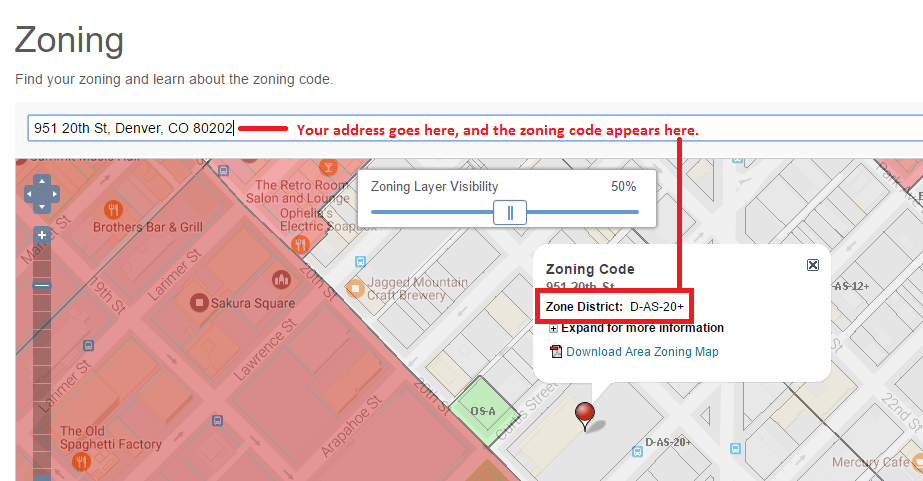Classifying Your Workers and Why it is Crucial to Your Small Business
Classifying Your Workers and Why it is Crucial to Your Small Business
Classifying your workers correctly means understanding if they are independent contractors or employees so that you can avoid breaking the law with regard to federal and state employment tax. It also means you can determine if you are following the Fair Labor Standards Act (FSLA) with regard to the individual worker.
Determine If Individuals Providing Services For Your Small Business are Employees or Independent Contractors
If individuals providing services for your small business are employees, you pay taxes on their earnings. If the same individuals are independent contractors, in most cases, you don’t. You may also have other obligations to employees that would not apply if the worker were an independent contractor. The temptation to call some one a contractor when he or she is really an employee is strong, but it is not worth it under any circumstance. Let’s take a look at the rules, so you can feel confident about when someone can legally be classified as an independent contractor. For the sake of brevity, we are going to focus on how the IRS defines an independent contractor vs. a common law employee. There are different classifications of employee, and you should consider speaking with a business attorney if you think you may have workers who fall under these other categories (ex: statutory nonemployee).Classifying a Worker as an Independent Contractor
The IRS provides the following insight:The general rule is that an individual is an independent contractor if the payer has the right to control or direct only the result of the work and not what will be done and how it will be done.They recommend the following test to determine if someone is a common law employee, but maintain there is “no magic formula” for knowing if someone is an employee or independent contractor:
- Behavioral: Does the company control or have the right to control what the worker does and how the worker does his or her job?
- Financial: Are the business aspects of the worker’s job controlled by the payer? (these include things like how worker is paid, whether expenses are reimbursed, who provides tools/supplies, etc.)
- Type of Relationship: Are there written contracts or employee type benefits (i.e. pension plan, insurance, vacation pay, etc.)? Will the relationship continue and is the work performed a key aspect of the business?
What About the the Fair Labor Standards Act?
Most small business owners are at least aware that there are important differences between contractors and employees when it comes to paying State and Federal employment taxes, but many do not realize the classification of an employee also impacts the employer’s legal obligations under the Fair Labor Standards Act. First, a quick reminder of what the Fair Labor Standards Act is. Wikipedia gives a good explanation and some history:The FLSA introduced the forty-hour work week, established a national minimum wage, guaranteed “time-and-a-half” for overtime in certain jobs, and prohibited most employment of minors in “oppressive child labor.”If you have individuals who are performing work for you, you need to know if you owe them minimum wage, and time-and-a-half in compliance with the FLSA statute, or if you can claim an exemption. The easiest way to be exempt from the FLSA rules is to make sure the worker can be categorized as an independent contractor. That doesn’t mean calling someone an independent contractor when he or she isn’t. The IRS is not playing games when it comes to miss-classification:
If you classify an employee as an independent contractor and you have no reasonable basis for doing so, you may be held liable for employment taxes for that worker.If you think you may have mistakenly been paying someone as an independent contractor, you can qualify for forgiveness under a Relief Provision, but you have to do so before the IRS calls you out. If you think you may have made a mistake in this regard, talk to an attorney sooner than later. The expense of being caught is much greater than the expense of getting an attorney to help you now. If you need help classifying your workers or understanding why it is crucial to your small business to know if a worker is an employee or an independent contractor, contact me, Elizabeth Lewis, at the Law Office of E.C. Lewis, P.C., home of your Denver Business Lawyer. Phone: 720-258-6647. Email: elizabeth.lewis@eclewis.com
Contact Us Today
Law Office of E.C. Lewis, P.C.
Your Denver Business Attorney
LICENSED IN COLORADO AND NORTH CAROLINA
Mailing Address:
501 S. Cherry Street, Suite 1100
Denver, CO 80246
720-258-6647
Elizabeth.Lewis@eclewis.com






